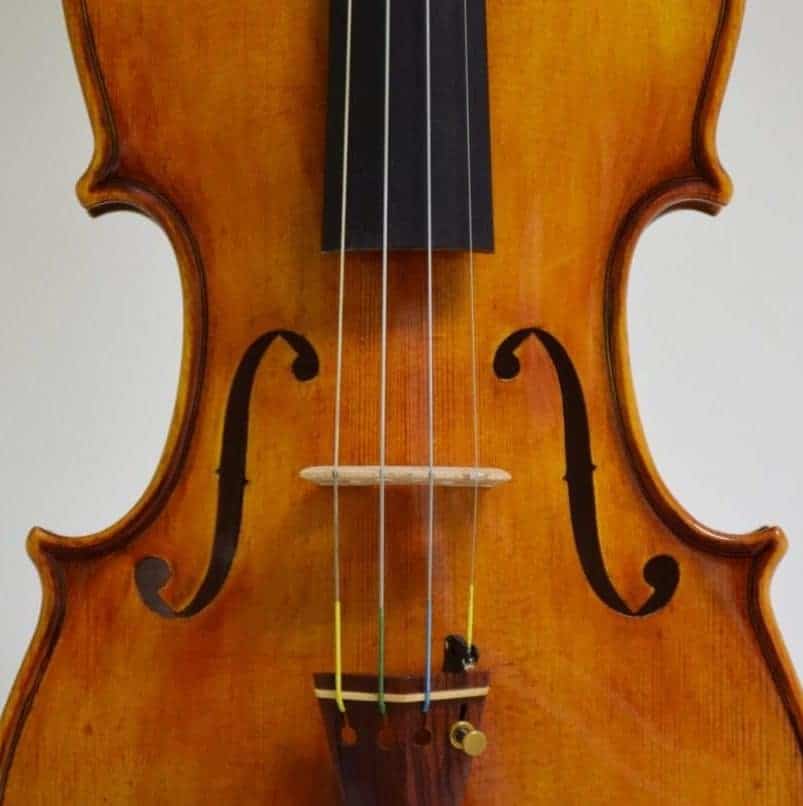by George Gurley, for the Lawrence Journal-World.
The preacher in New Orleans last Easter drew a parallel between the Resurrection and the rebirth of the city after Hurricane Katrina. Outside, it was a beautiful spring day — birds singing, trees leafing out, fragrance of flowers in bloom, Easter bonnets everywhere. But the preacher remembered the dark days when the streets of the city were patrolled by National Guard troops in Humvees, when many gave New Orleans up for dead. She recalled going into a shop in Baton Rouge, where she’d been evacuated, and seeing bins filled with banners that proclaimed, “Open.” What were they for? she asked. The banners were for anyone who was brave enough to return to New Orleans, the proprietor said.
When she got back, she found a “Condemned” sign in front of her church. The colossal steeple had fallen on the roof. Damages were estimated at $5 million. It would have been tempting to fall into despair. But next to the “Condemned” sign she put up an “Open” sign. Take that, Katrina. Since then, the church had been completely restored. The pews were filled with cheerful families on Easter Sunday. It was a happy scene.
The preacher delivered a sermon to the children on the subject of losers — people like Albert Einstein, Walt Disney and Michael Jordan who were written off as failures when they were kids. Don’t give up if you ever feel like a loser, she said. You can do anything you put your mind and heart to. She quoted Walter Percy’s wonderful saying: “Everything will be all right in the end. And if it’s not all right, it’s not the end.”
The preacher could have passed for a soccer mom cheering her kids or a coach exhorting her team. Buckle down. We can win this thing. She was no Pollyanna. There were none of the weary platitudes that issue so often from the pulpits these days. One moment she was colloquial — the Resurrection was a “game-changer,” she said. The next moment she was a revival orator, exhorting the congregation to “rise up,” defy the odds, live in determined hope rather than in fear of death.
A few years ago my daughter and her husband moved to New Orleans and have thrown themselves into the life of the festive city, marching in Mardi Gras dressed as an alligator and an egret, staging crawdad boils on their driveway, canoeing the local bayous. A “second line” parade passes by and out the door they go to join in for a mile or two. New Orleans was recently named the best food city in the nation by Saveur magazine. It may also be the best music city. Grammy-winning bands play in no-cover dives. Walk down any street and you’re likely to hear music floating from a second-story window, someone warming up for a session that night.
New Orleans is like no other city in the country. The minute you step onto the street you sense a unique spirit — spontaneity, a passion for the moment. Where else can you find streets named Humanity, Pleasant, Elysian Fields, Desire? New Orleans is endless celebration. (Special trucks appear in the morning spraying lemon-scented water to clean the streets of excesses from the night before.) By the way, to establish your credentials as an insider, you much be able to pronounce the name of another street – Tchoupitoulas (Chop-a-too-less).
It must also be said that it’s not that unusual to hear gunshots or see young men chasing down the street with pistols in their hands. Crime is still out of control. “Thou shalt not kill” signs adorn the yards. New Orleans still has its share of problems. But it’s enjoying its own springtime of rebirth. On every block you can see houses undergoing restoration. The dysfunctional educational system has been rebuilt from scratch and dramatically improved. Talented young people are flocking to New Orleans, drawn by opportunities and challenges.
“Katrina created the opening for different policies to turn around what was one of the worst-run and most politically calicified places in America,” according to a recent editorial. No one would wish for a catastrophe like Katrina. And yet disaster can clear out the dead wood of vested interests and sclerotic institutions. The same could be said for individuals — we fall into comfortable ruts. Our finest hours sometimes come when we’re forced to wake up and change.
Perhaps there’s a lesson for Lawrence here.
“We can’t just rest on our laurels,” said the head of the Lawrence Chamber of Commerce recently. Laurels? It seemed a strange choice of words on the occasion of Lawrence’s spectacular nosedive to “the second-worst performing small metropolitan area in the country,” according to a national study. On top of that, the town had a mediocre showing in an education report. Perhaps this is Lawrence’s wake up call. Time to ask big questions: How did this happen? What’s to be done?
 Visit our online store for great finds!
Visit our online store for great finds!



